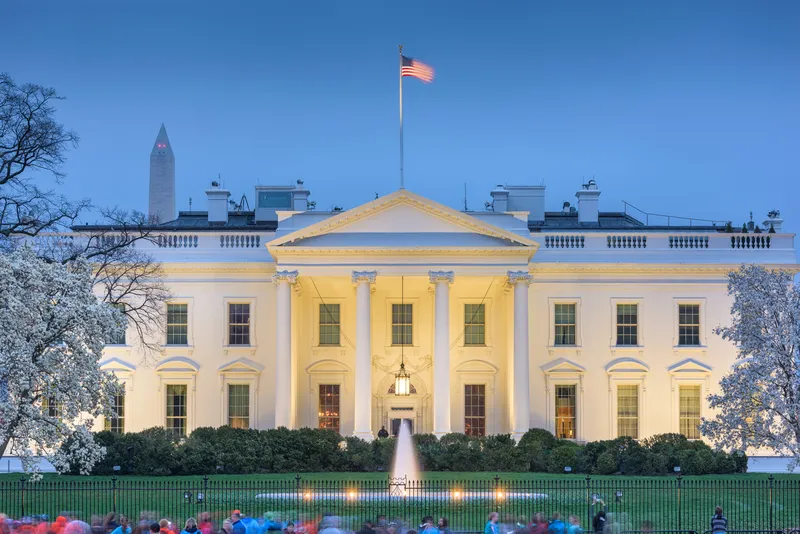In the last Calls of the trans-European transport network (TEN-T) Programme, the European Commission selected a total of 106 projects that will benefit from over US$428 million in EU support for improving transport infrastructure across Europe. The 52 projects selected from the 2013 Multi-Annual Call and 54 from the 2013 Annual Call will use the EU’s financial support to bring forward the completion of the TEN-T network as well as studying innovative ways of reducing the transport sector’s carbon footprint.
July 31, 2014
Read time: 2 mins

In the last Calls of the trans-European transport network (TEN-T) Programme, the 1690 European Commission selected a total of 106 projects that will benefit from over US$428 million in EU support for improving transport infrastructure across Europe. The 52 projects selected from the 2013 Multi-Annual Call and 54 from the 2013 Annual Call will use the EU’s financial support to bring forward the completion of the TEN-T network as well as studying innovative ways of reducing the transport sector’s carbon footprint.
European Commission Vice-President Siim Kallas, responsible for transport, noted: "I am very happy to see that over one hundred new projects will take off thanks to EU financial support under the 2013 TEN-T Calls. These key projects with European added value will contribute to delivering a complete transport network supporting seamless mobility of goods and people throughout the1816 European Union."
The 2013 Multi-Annual Programme Call provides US$308 million of funding to 52 projects, financing the highest priorities of the TEN-T network, focusing on five modal areas: Air traffic management (ATM); European rail traffic management system (ERTMS); Intelligent transport systems (ITS); Motorways of the sea (MoS); and priority projects.
European Commission Vice-President Siim Kallas, responsible for transport, noted: "I am very happy to see that over one hundred new projects will take off thanks to EU financial support under the 2013 TEN-T Calls. These key projects with European added value will contribute to delivering a complete transport network supporting seamless mobility of goods and people throughout the
The 2013 Multi-Annual Programme Call provides US$308 million of funding to 52 projects, financing the highest priorities of the TEN-T network, focusing on five modal areas: Air traffic management (ATM); European rail traffic management system (ERTMS); Intelligent transport systems (ITS); Motorways of the sea (MoS); and priority projects.









